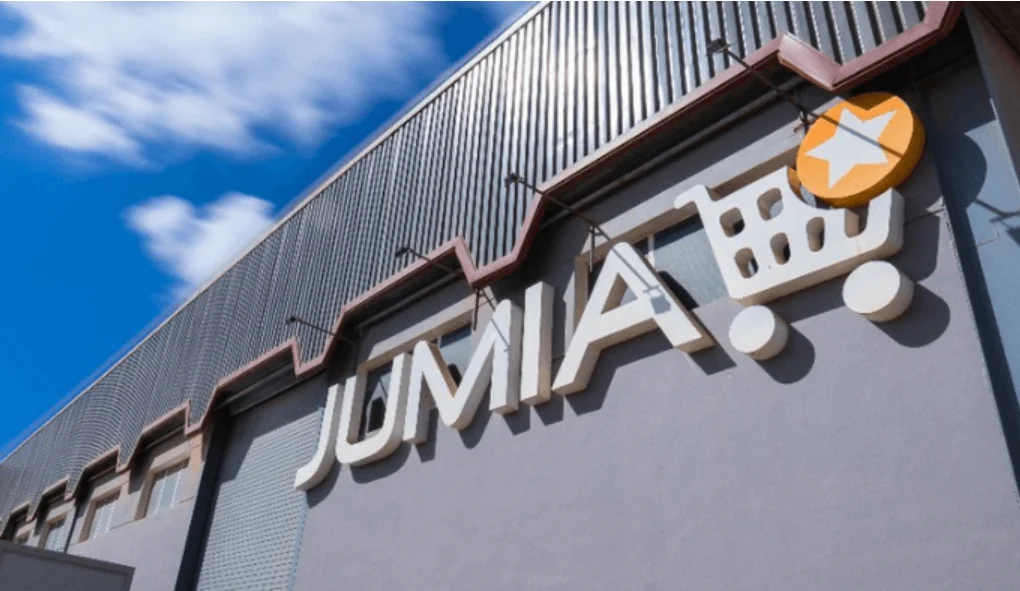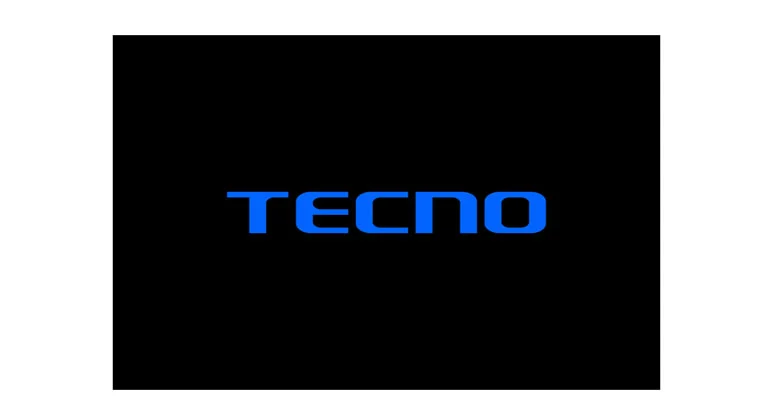Jumia Technologies has officially lost its largest institutional investor, Baillie Gifford, which has sold 100% of its shares, marking the end of a six-year investment in the African e-commerce platform. This follows previous exits by major backers like Rocket Internet and MTN Group.
Baillie Gifford Liquidates Entire 18 million Share Position
According to a new SEC Schedule 13G/A filing, Baillie Gifford has reduced its ownership in Jumia to 0.0%, down from 7.4% in November 2024, 9.2% in January 2024, and 11% at Jumia’s 2019 IPO. This marks the complete disposal of all 18.1 million American Depositary Receipts (ADRs), which accounted for approximately 9% of Jumia’s total float.
The Edinburgh-based investment firm, known for backing long-term growth stocks like Tesla, Shopify, and MercadoLibre, first acquired its stake in 2019, shortly after Jumia went public. At the time, Jumia stock was trading in the mid-$20 range, and Baillie Gifford bought roughly 17.99 million shares, giving it an 11.45% stake.
A Long-Term Bet That Ended in Losses
Despite Baillie Gifford’s reputation for holding long-term positions, often for a decade or more, the Jumia bet ended differently. The firm made strategic additions during market downturns, including a 1.9 million share top-up in 2022, following Jumia’s CEO change and cost-cutting reforms.
However, these measures failed to deliver sustainable turnaround results. By early 2024, Baillie Gifford had begun trimming its position, first to 9.2%, then to 7.4%, and now to zero. Most of the final shares were sold between April and May 2025, at prices around $2.50 per share, representing an estimated 80–90% loss from the original purchase price.
Even accounting for any partial exits during the 2020–21 meme stock surge, where Jumia briefly touched $60, the bulk of the holding was retained until the stock plummeted, resulting in significant capital losses.
Institutional Confidence in Jumia Continues to Erode
While Goldman Sachs, JPMorgan, Morgan Stanley, and Citigroup still appear on Jumia’s shareholder roster, each has reduced their holdings below the 5% SEC disclosure threshold since 2021. This trend signals a wider institutional pullback from the once-celebrated “Amazon of Africa.”
Implications for Jumia and African Tech
Baillie Gifford’s exit is a major blow for Jumia, highlighting growing concerns over the company’s profitability, leadership transitions, and strategic execution. It also raises questions about the viability of high-growth, loss-making e-commerce platforms in emerging markets, particularly when investor sentiment shifts toward performance and sustainability.
As Jumia’s stock trades near all-time lows, this development underscores the need for a rethink in business model and investor communications if it hopes to regain institutional confidence.












